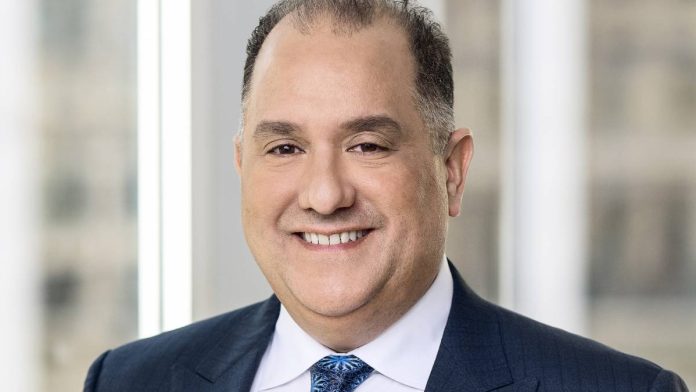This past weekend, the longstanding news magazine show 60 Minutes tackled the regulated online betting business but did so without speaking to some key stakeholders before drawing conclusions.
Jeff Ifrah is the founder and general counsel for iDEA Growth (iDevelopment and Economic Association), a nonprofit association of online gaming industry organizations that promotes responsible online gaming. He unpacks what the segment misunderstood about the industry and who the real bad actors are when it comes to American sports betting.
Online sports betting is one of the most highly regulated industries in the United States, and its alternative is highly accessible illegal sites that pose significant risks to consumers. With no oversight or regulation, illegal online gambling operators create a gateway for organized crime, allow underage betting and don’t pay taxes. And with zero accountability, illegal sites offer no guarantee that they are fair or that they will protect a consumer’s funds or privacy. Additionally, illegal sites are more likely to target minors and problem gamblers.
The issue of vulnerable young adults making poor choices and exhibiting bad judgment is not a new one when it comes to gambling. While the vast majority of adults responsibly enjoy gambling as a form of entertainment, the history of those with problematic behaviors long-pre-dates legal online sports betting; whether it’s placing bets on the Big Game with a bookie, an out-of-control late night poker game in the basement or putting an entire paycheck on black in a Las Vegas Strip casino.
The difference now is that legal and regulated online sports betting operators are willing and motivated to protect consumers. To not do so would be a multi-billion-dollar gamble for online betting industry. Legal, regulated online sports betting providers are required to:
- Conduct identity verification checks to ensure that minors are not gambling
- Offer responsible gambling tools and resources, such as deposit limits, time-out periods and self-exclusion programs
- Implement technology to detect and prevent problem gambling
- Comply with strict advertising standards that prohibit targeting minors and promoting gambling as a way to make money
Of course, there is no fail-safe, perfect solution to protect vulnerable bettors. Today, more is being done to leverage technology to mitigate risky betting behaviors in real time. The industry is strengthening data analysis and refining its responsible gaming programs so it can offer early interventions for individuals potentially showing signs of problem gambling. Considering this fledgling industry has only existed since 2018, legal online gaming companies have put more safeguards in place to protect consumers than any untrustworthy illegal site ever will – and those protections are only getting stronger and more effective.
This is why any discussion or reporting about online sports betting is irresponsibly incomplete without noting the easily accessible and pervasive existing illegal market. This is also why state lawmakers should not be ignoring the many benefits that come with allowing online sports betting.
There is more work to be done. We stand ready to have those meaningful discussions with lawmakers and regulators because we recognize that even one person feeling unsafe is one too many. The sooner responsible online sports betting providers can edge out the illegal market, the sooner even more bettors of all ages and backgrounds will be safer and more protected.













